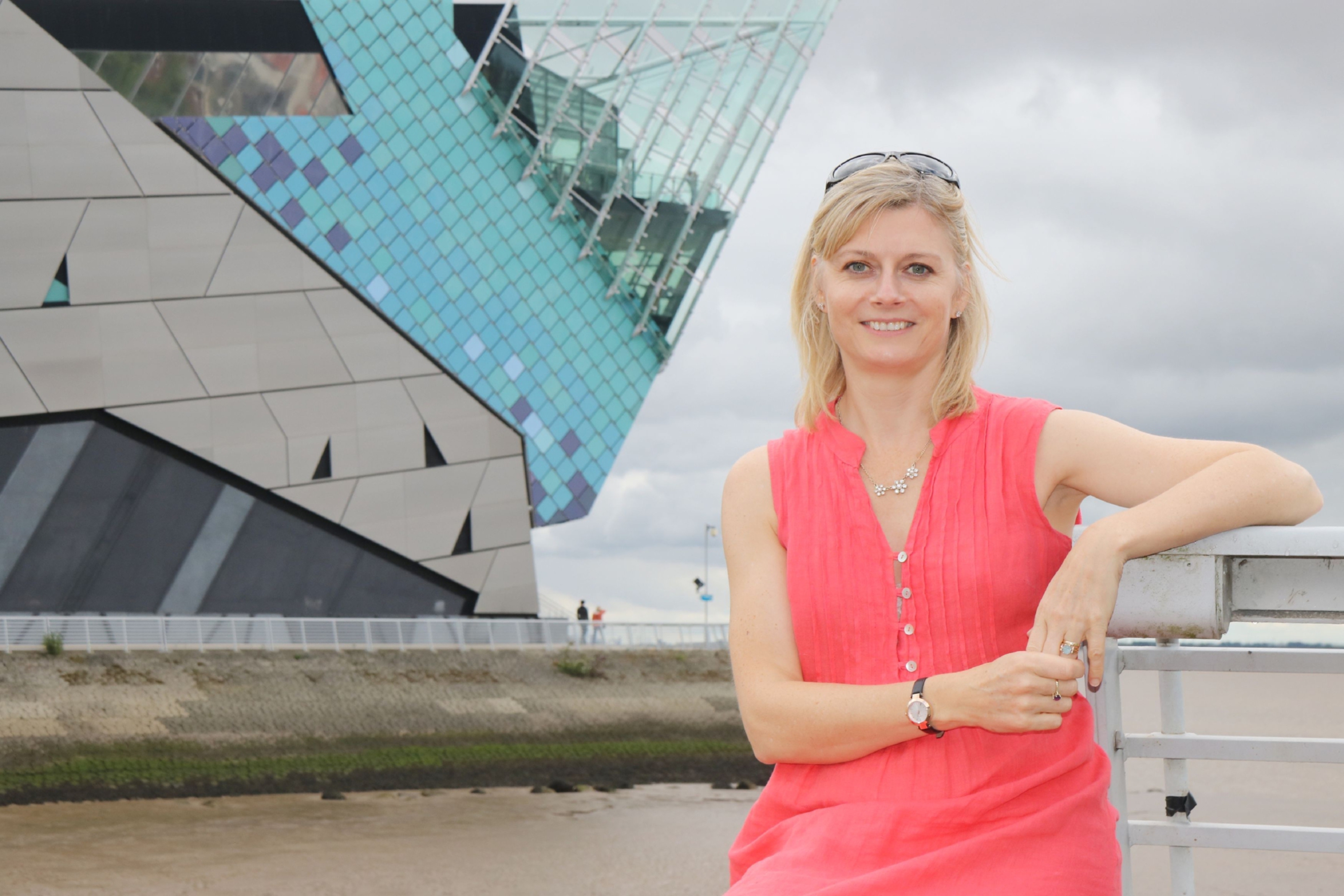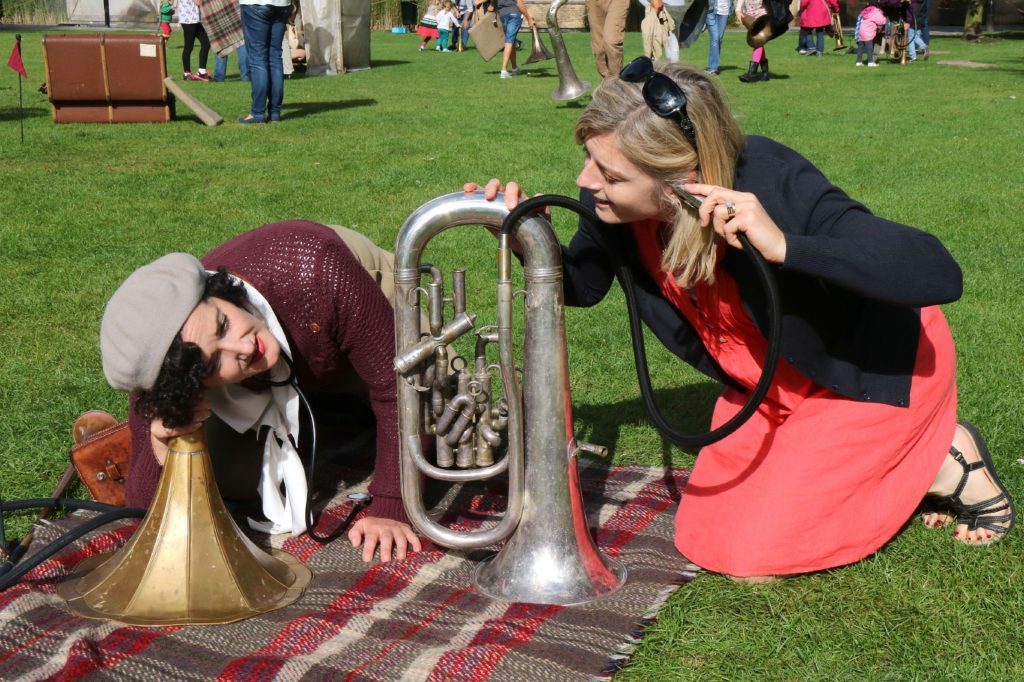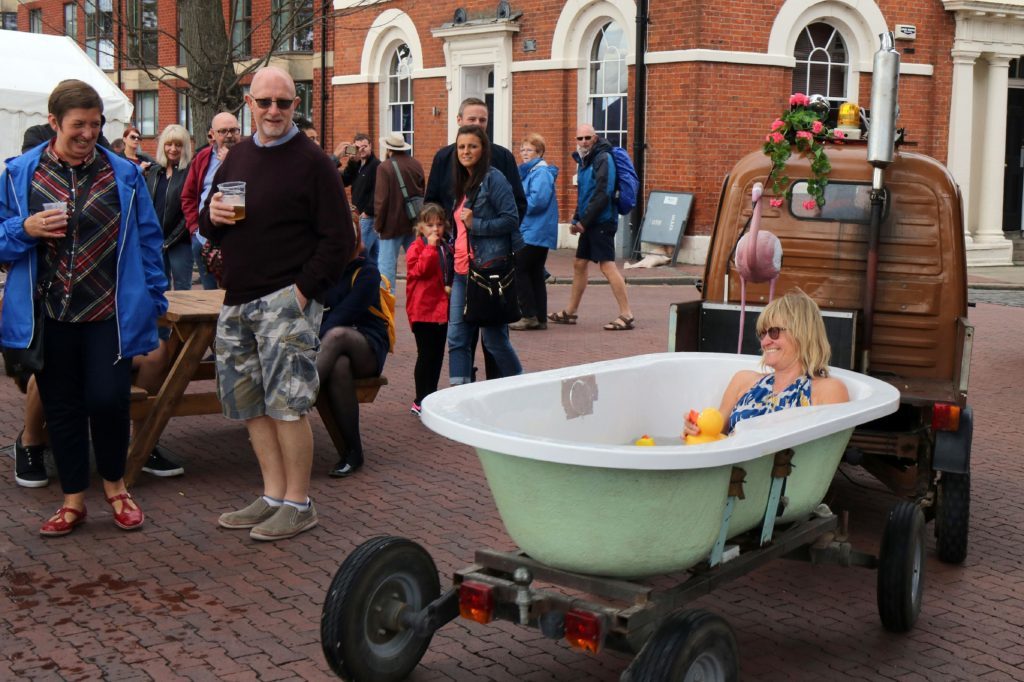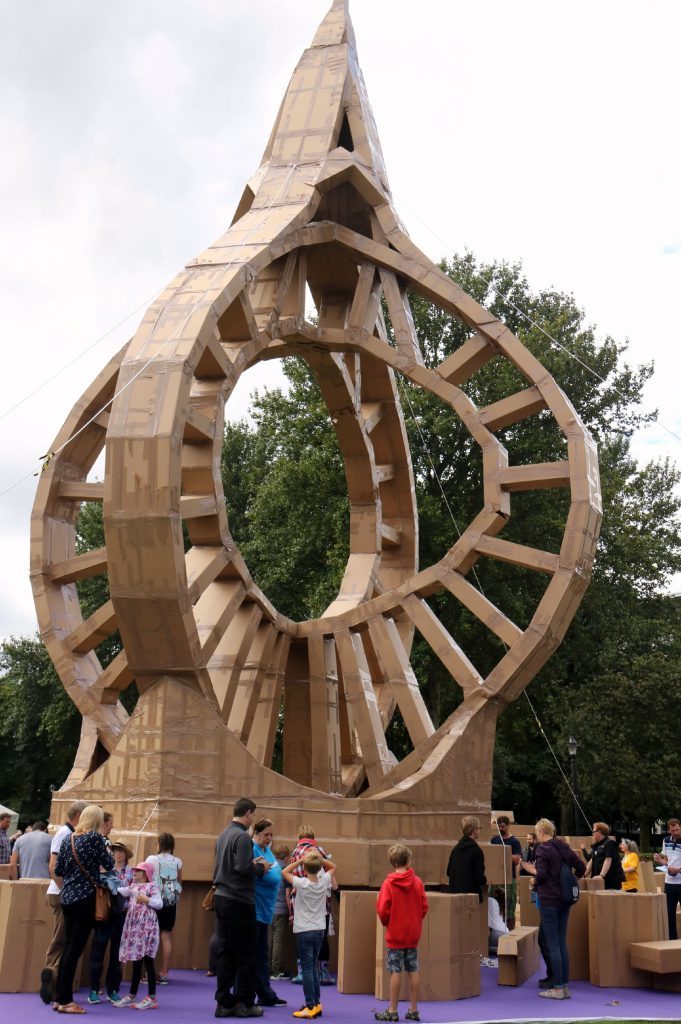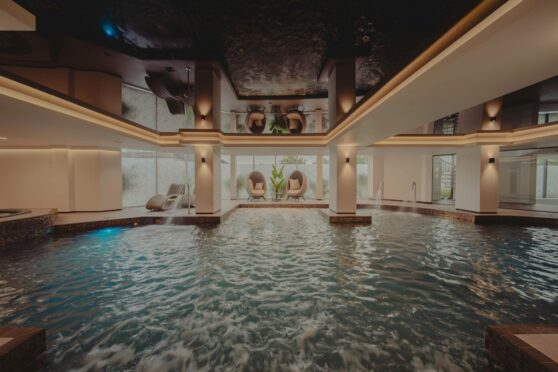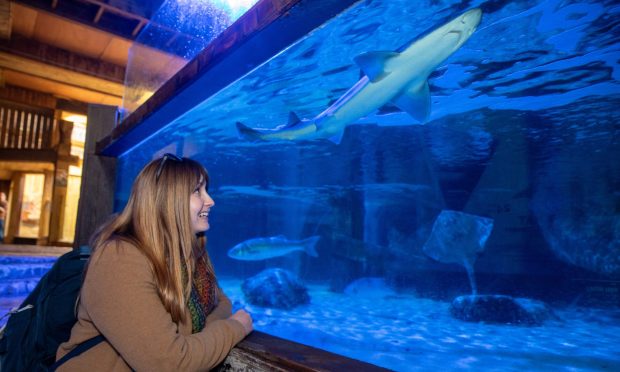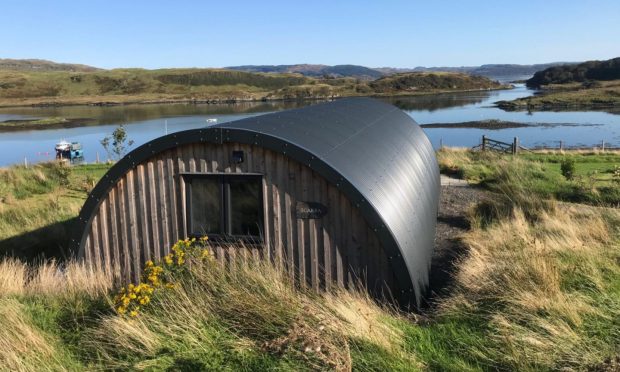Is this Britain’s most unlikely city break destination? Karen Bowerman visits Hull, UK City of Culture 2017
“Hull? Why the heck are you off to Hull?”
That was one of the responses I got when I mentioned where I was going for the weekend. It also happened to highlight one of Hull’s biggest problems; its negative image has a lot to do with those who’ve never been.
Admittedly, being “crowned” Crap Town of the Year (albeit in 2003) can’t have done them any favours, and I can’t help wondering if Hull’s decision to drop its official title also contributed to its lack of kudos. For doesn’t Kingston (the king’s town) Upon Hull, sound so much more upmarket?
But it wouldn’t have sat well with history. In the 17th century, the East Yorkshire town was so staunchly republican it closed its gates to Charles I, sparking the start of the civil war. Soon afterwards, it changed its name, to distance itself from the king.
Luckily, my best mate Phil isn’t troubled by titles or image. He wants to head to Hull, whatever. We visit during the Freedom Festival, the city’s flagship cultural event, for a taste of what’s in store for 2017, Hull’s year as UK City of Culture.
Freedom is one of the key themes for the 12 months of celebration, and if the annual festival is anything to go by, then the freedom of enjoyment is likely to top the list.
One afternoon, I find myself kneeling in the city’s Queens Gardens with an old gramophone horn. One end’s pressed against my ear; the other’s on the ground. Phil is doing his best with an “adapted” tuba.
Our instructor, Hildegard (a performance artist from the Gobbledegook Theatre), is an eccentric Cambridge graduate and an expert in Sonic Geology.
“Now, concentrate!” she urges. “Just concentrate!” It’s impossible to stay serious.
She talks us through the technique: “Sweep” (she uses her ear horn as if it’s a metal detector) “linger” (she pauses) “and plant” (she places the horn on the ground).
“Although personally, I prefer to say, ‘Sweep, linger, plant – and finger’,” she adds, “for often, one needs to press one’s finger into one’s other ear, to help one focus.”
We’re searching for subterranean sounds (songs and chatter) which have been absorbed by the ground throughout history. In a safari-style tent, a map of Great Britain, dotted with pins, charts various auditory discoveries.
The Freedom Festival also showcases bands, dance troupes, choirs, comedy and interactive art.
Phil and I help construct a 40ft tower from cardboard boxes, but let others don swimsuits to be towed through the streets in a bath.
We’re enchanted by the recreation of a 1950s sideshow, The Headless Lady (other than agreeing it’s an illusion, we still have no idea how it’s done), and laugh until our bellies ache at two mime artists dressed as policemen.
They summon a bystander (holding a beer) and challenge him to walk a wriggly line, to test his sobriety. The man flexes his fingers, and joins in.
Hull’s 2017 slogan, ‘Everyone back to ours!’ suggests joining in, and that’s exactly what organisers hope visitors will do this year. As Phil and I explore the rest of the city by foot (it’s compact enough to walk from place to place), we realise there’s a lot more culture than we thought.
Traditional offerings come in the form of the Ferens Art Gallery, home to the 2017 Turner Prize, Hull Truck Theatre, which hosts the city’s jazz and comedy festivals, and Hull New Theatre, that’s just enjoyed a multi-million pound facelift.
But there’s also the historic fruit market, now a hip, cultural hub, a disused dry dock that’s been converted into an open-air stage, and Kardomah94, created when a local businessman turned part of his office into a small venue, bistro and bar, to host film evenings, exhibitions and music nights.
Hull Old Town is small but has some fine Victorian and Edwardian buildings too, plus a 14th century church (according to the Guinness Book of Records, it has England’s largest parish), a sound and art installation in the form of a swing bridge (listen out for the birdsong and bells), a Larkin trail (the poet Philip Larkin lived in Hull) and a witty fish trail which celebrates the city’s maritime past. Look out for the eel at the “eelectricity” substation and the shark outside the bank!
We pop into most of the museums (all are free). Although some could do with investment, I find them endearing, in an old-fashioned, gimmick-free way.
We spend hours reading whalers’ diaries and admiring the scrimshaw (the largest collection in the UK) in the Maritime Museum, take a bumpy ride in a simulated stage coach in the Streetlife Museum – where I pause, to help a barrow boy load a train (a fun photo op) – and admire Roman mosaics in the Hull & East Riding Museum.
The lottery-funded aquarium, The Deep, is one of Hull’s newer attractions, with its pointy “nose” that protrudes over the Humber.
It’s a great space, with more than 3,000 fish and lots of interactive exhibits. I challenge Phil to a race, and lose, although I’m sure I spin the wheel that propels my model fish much faster than he does.
Our delightful guide, Lynsey, agrees. “But the race illustrates evolution,” she whispers, “so your prehistoric amphioxus is never going to beat his beautifully agile trout!”
She shows us enormous tanks illustrating life in the oceans, coral reefs and cool seas, plus a colony of gentoo penguins which shoot through the water like torpedoes.
Phil and I end our weekend with a pint at the city’s most famous pub, Ye Olde White Harte, hidden down a small alley. It has oak panelled walls, inglenook fireplaces and, at the top of a creaky stairwell, a ‘plotting parlour’. Here, in the 17th century, local MPs met to discuss – and agree – to a request from parliament, to refuse entry to Charles I.
On St George’s Day, 1642, local MPs shut the main gate to their city in the face of the king. Phil and I pass the remains of Beverley Gate on our way to catch the train home.
As I wheel my case past one of the lesser known sites in the city’s history, I can’t help thinking that when it comes to Hull, Charles I has a lot to answer for.
TRAVEL FACTS
:: Karen Bowerman was a guest of the tourist board. For more information on the area, go to www.visit-hull.co.uk
:: For more details on forthcoming events for Hull, UK City of Culture, visit www.hull2017.co.uk
:: Stay at the Holiday Inn Marina (www.hihullmarinahotel.co.uk). Rooms from £130.95 per night.
